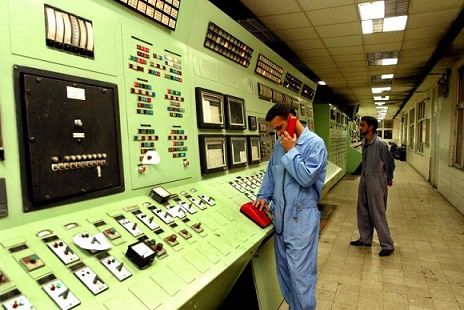Recently, the Danish society of engineers IDA has released a prognosis showing that if things continue as they are, there will be a chronic shortage in the fields of engineering and natural science by 2025.
Despite more places being created at universities and more Danish students entering these fields, there will still be a deficit of around 10,000 people.
READ ALSO: Denmark facing huge engineer shortage in the near future
As a consequence, a number of the larger Danish companies have already started to outsource engineering jobs to countries such as China, India and Ukraine, reports DR Nyheder.
Too much bureaucracy
The integration and immigration minister, Inger Støjberg, has indicated a willingness to make it easier for Danish companies to employ suitably-qualified foreigners.
“The lack of suitable employees in Denmark is a completely untenable situation. Qualified labour is of great benefit to all of us, so right now we’re working on a number of initiatives,” said Støjberg.
READ ALSO: Danish companies struggling to find qualified engineers
And that is music to the ears of the employers’ organisation Dansk Industri (DI). According to the organisation, there are a great many barriers when it comes to employing people from outside the EU.
“It is problematical that it is so difficult for a company to bring in qualified labour from abroad when we are actually lacking employees with specific qualifications,” said Steen Nielsen, the deputy head of DI.
“There are just too many complicated rules and too much bureaucracy,” he added.
One example is that throughout a person’s term of employment, the employer has to be able to document that the employee is legally allowed to reside in Denmark.
Nielsen feels that this is a job for the authorities.
Package coming after the summer holidays
Støjberg has not said precisely what measures she intends to put forward after the summer holidays, but it is likely that the current rules on earnings could be changed. At the moment, if a person from outside the EU wants to work in Denmark, they have to make at least 418,000 kroner per year.
Another thing might be fast-track options, or allowing certain countries preferential access.
Socialdemokratiet is positive but emphasises that any measures taken should not lead to social dumping. They also want to retain the current earnings threshold and would prefer to see any foreign labour coming from another EU country.
Martin Henriksen from Danske Folkeparti is opposed to any further relaxation. He fears that it would lead to a risk of “the wrong sort of labour coming in – for instance butchers from Africa or the Middle East instead of highly-trained engineers.”











